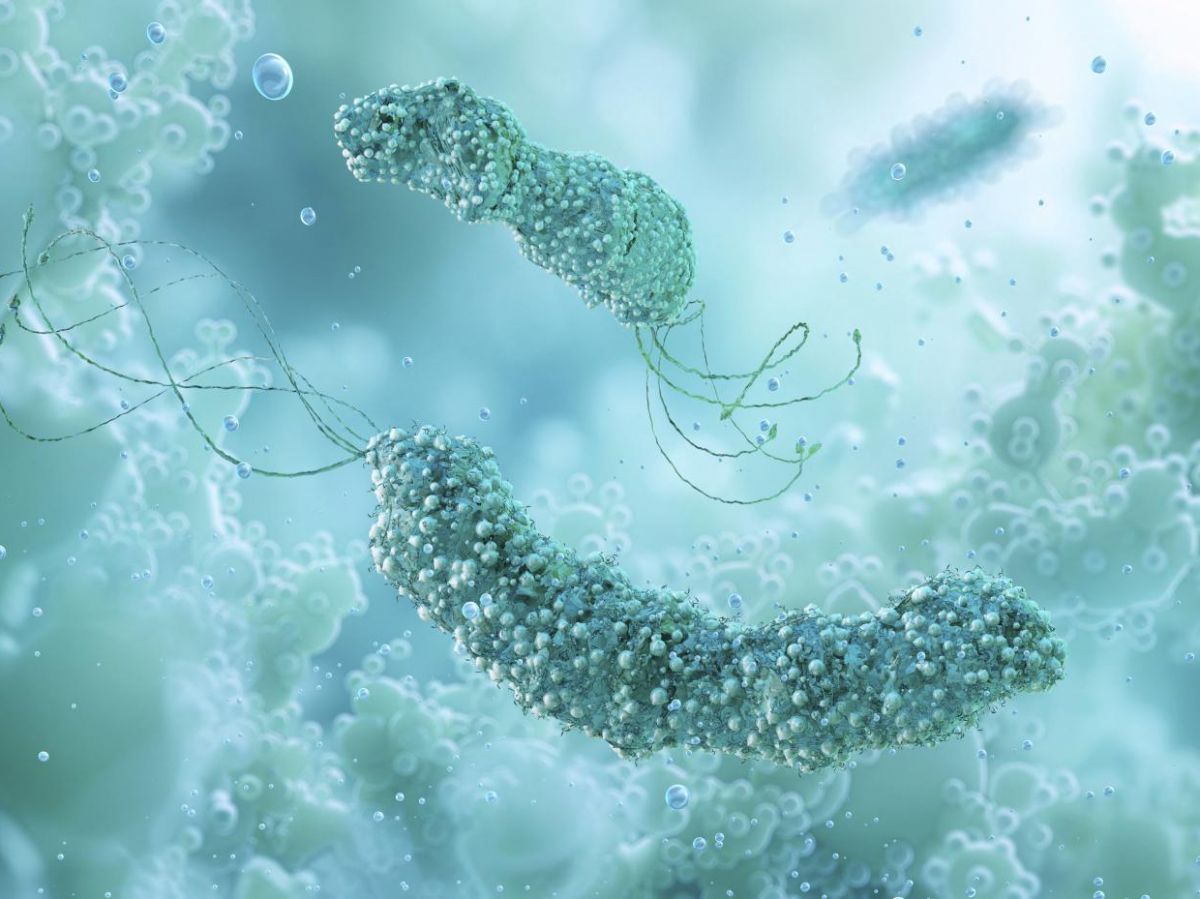Small (1 to 2 mm), common (15 to 30% of the French population are infected) but silent and sometimes formidable. These are some characteristics of the bacteria Helicobacter pylori (H. pylori) described since the 1980s by two Australian researchers who received the Nobel Prize for Medicine in 2005 for their pioneering work.
Gold, this microbial agent known to be involved in the occurrence of stomach cancer will, in the coming years, prove responsible for more than 10 million cases of stomach cancer worldwide in people born between 2008 and 2017, or nearly 45,000 cases in France alone, as demonstrated by a solid French epidemiological study recently published in the journal Nature.
Stomach cancer preventable as bacteria can be detected
A very heavy toll which could be reduced if so-called “screen-and-treat” prevention strategies were put in place. It is known that this bacterial infection, most often acquired in childhood, can, after several decades, be responsible for the development of stomach cancer in 1 in 30 cases. However, this cancer is preventable because it is now possible to both detect the presence of the bacteria and eradicate it with antibiotic treatment.
"Screening and treatment strategies could reduce the number of cases by up to 75 %", say the study's authors. However, they have not yet been deployed because they are considered too expensive, except in Japan. It is precisely to help policymakers make better use of them that researchers from the WHO's International Agency for Research on Cancer (IARC) based in Lyon wanted to calculate the burden linked to this bacteria.
15.6 million cases in 185 countries
Their calculations and projections were carried out for 185 countries and resulted in a colossal figure: 15.6 million cases, including 76 million % attributable to H. pylori. This represents a total of more than 10 million cases worldwide. The authors point out that two-thirds of cases will be concentrated in Asia, followed by the Americas and also sub-Saharan Africa, where the future burden could even be six times greater than that estimated in 2022, partly due to demographic trends.
Read alsoThe strange and dangerous bacterium Helicobacter pylori
For the record, infection by H. pylori most often occurs in childhood before the age of five, through oral transmission and within families, with living conditions, hygiene and the quality of the water ingested playing a determining role. Then the bacteria attaches to the lining of the stomach wall, leading to inflammation (gastritis) that usually goes unnoticed. But over time, due to this chronic inflammation, can occur ulcers (10% of cases) or more rarely stomach cancer, with the combined intervention of genetic, dietary and environmental factors.
"Little momentum at present to advance vaccine development"
Now, it has become possible to prevent the development of cancer (and the recurrence of ulcers) by first detecting the presence of the bacteria (blood test, breath test, fibroscopy) and then eradicating it with a treatment taken for 14 days (three antibiotics combined with a proton pump inhibitor), which allows in 90% cases the eradication of the bacteria. But many reasons (increasing antibiotic resistance, side effects, high medical costs, poor patient compliance, etc.) complicate treatment.
Read alsoResearchers create new antibiotic effective against superbugs
This is why the development of a vaccine remains highly anticipated. But as the study's authors bitterly point out, " There appears to be little momentum at present to advance vaccine development.", only one trial has reached phase 3 to date. In France, the number of new cases of stomach cancer is estimated at around 6,000 each year.

